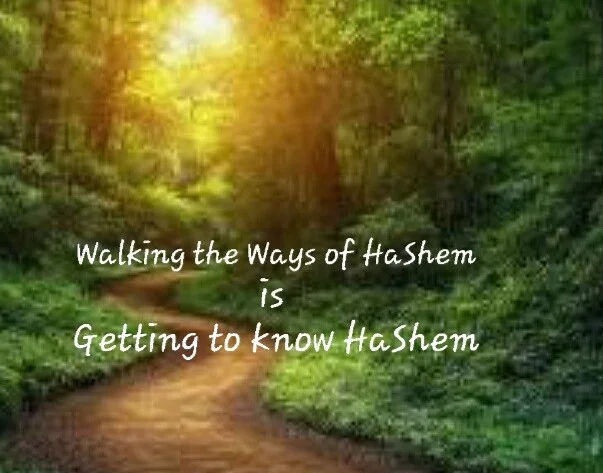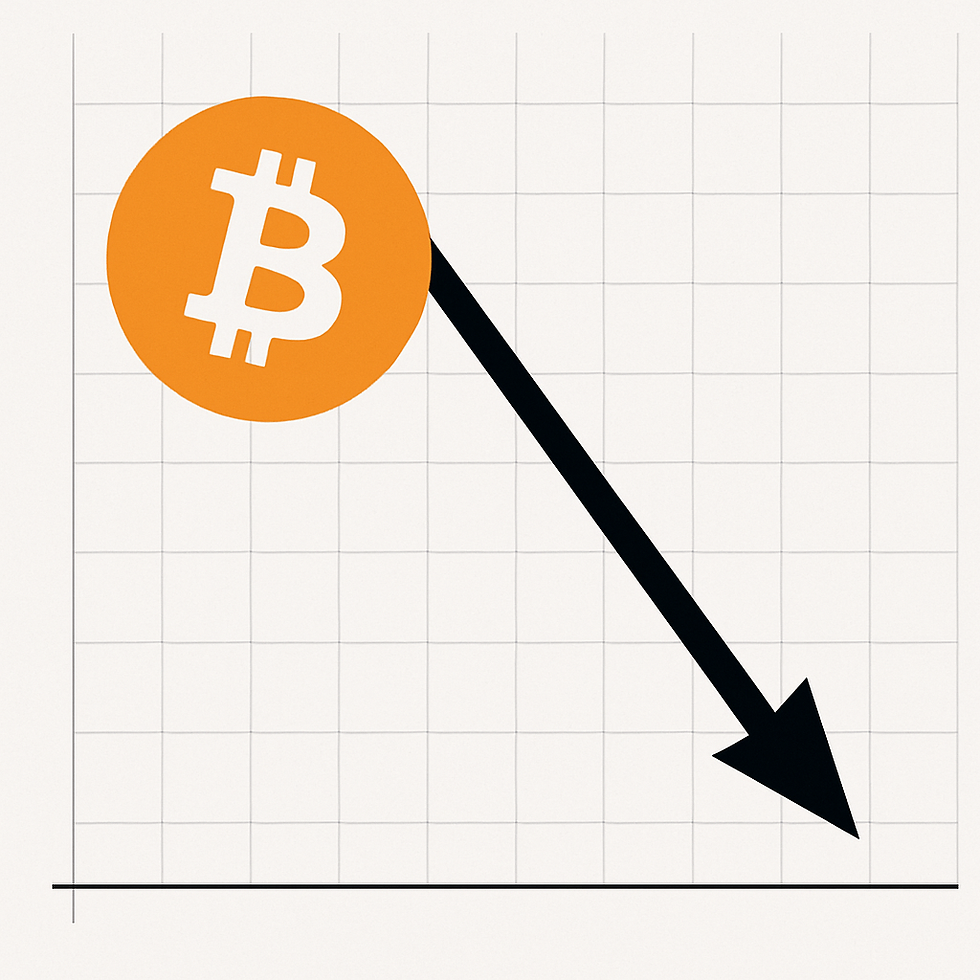Shabbat Tetzaveh & Zachor
- WireNews

- Mar 1, 2023
- 4 min read
Exodus 27:20-30:10 and Deuteronomy 25:17-19 - Amalek by Rabbi Jeremy Rosen

The Shabbat before Purim is always called Shabbat Zachor, the Shabbat when we remember.
What are we to remember? Exodus Chapter 17 verse 14 and Deuteronomy Chapter 25 verse 19 both refer to the battle against Amalek that took place when the Children of Israel came out of Egypt. They intentionally took a detour to avoid running into Amalek on the way out toward Canaan. In Exodus after Joshua retaliated and defeated Amalek the text includes these words “And Joshua overwhelmed the people of Amalek. Then God said to Moses, “Inscribe this in a document as a reminder, and read it aloud to utterly blot out the memory of Amalek from under heaven!” Moses built an altar and named it Adonai-Nissi, God will be at war with Amalek throughout the ages.” Deuteronomy embellishes the details. “Remember what Amalek did to you on your journey, after you left Egypt, how, undeterred by fear of God, he surprised you on the march, when you were famished and weary, and cut down all the stragglers in your rear. Therefore, when your God grants you safety from all your enemies around you, you shall blot out the memory of Amalek from under heaven. Do not forget!” Why does the text say both “remember” and “do not forget”? Aren’t they the same thing? And why is it so important to it down in a document? The battle with Amalek was unique in that they were not threatened by Israel’s advance toward Canaan. This was an example of a brutal attack for no valid reason, other than to kill or enslave. Amalek is picked on specifically as an example of needless hatred, the forerunner of genocide. Zachor, to remember, is used in several different ways in the Torah. To remember historically what happened at a particular moment in time. To remember the Temple service. To remember one’s religious values, to remember the Shabbat, and to remember God and God’s law. To remember, to give great significance to something, is much more than just a memory. It is an injunction not to forget as Exodus says, “ You must write it down, document it.” But isn’t that superfluous? In the first version of the 10 commandments in Exodus, we are told of the Shabbat, Zachor. But in the second version of Deuteronomy, that word is replaced with the word Shamor to keep, to practice, not just vaguely remember an idea. The memory in itself is not enough. One has to take action in some way to keep that memory alive. In our time we are faced with a serious challenge because the response to the Holocaust was “never again.” As Amalek we know we must remember it. But the sad fact is that the world has all but forgotten about the Holocaust even though the UN and so many countries have a Holocaust Memorial Day and Holocaust memorials or museums that do their best to educate. Yet most school children now have never heard of it or know of its significance. However much we may mouth “never again” genocidal barbarity continues as does anti-Semitism. I can't think of a better example where there is a dissonance between remembering an idea and its having no impact. The whole point of law in Judaism is that having daily, weekly, and monthly rituals help to reinforce a sense of identity and a sense of one's religious values. We are told specifically that we must write it down too. Here you have the first example of where the Torah emphasizes an oral law combined with a written law as the best way to protect, educate, and survive. Humanity is constantly caught up in a battle between good and evil. It is human nature. And we all struggle with it daily to some degree. But how do we get the lesson to sink in? Only with a culture of remembrance that does not forget (even if it might forgive). This is where a religious tradition that connects the past with everyday life in the present plays an important part even if many often find it all irksome. Haman’s full name, Haman HaAgagi recalls the Amalekite King Agag as mentioned in the Book of Samuel. The message of Purim is another example of reiterating how evil keeps on repeating itself. The Internet and social media have spread this hatred like never before and, I am sorry to say, leads to excessive violence on the part of some Jews too. The only antidote is to keep on reminding ourselves of the challenge and not allow it to go unchallenged. Every year we celebrate Purim and the fact that we were nearly destroyed through performing rituals, reading the megillah, and having a feast celebrating survival with joy, charity, and goodwill. These are better ways of remembering than just having formal memorial days where people pay tribute and talking becomes a substitute for action. Shabbat Shalom Jeremy
###
Jeremy Rosen was born in Manchester, England, the eldest son of Rabbi Kopul Rosen and Bella Rosen. Rosen's thinking was strongly influenced by his father, who rejected fundamentalist and obscurantist approaches in favour of being open to the best the secular world has to offer while remaining committed to religious life. He was first educated at Carmel College, the school his father had founded based on this philosophical orientation. At his father's direction, Rosen also studied at Be'er Yaakov Yeshiva in Israel (1957–1958 and 1960). He then went on to Merkaz Harav Kook (1961), and Mir Yeshiva (1965–1968) in Jerusalem, where he received semicha from Rabbi Chaim Leib Shmuelevitz in addition to Rabbi Dovid Povarsky of Ponevezh and Rabbi Moshe Shmuel Shapiro of Yeshivat Be'er Ya'akov. In between Rosen attended Cambridge University (1962–1965), graduating with a degree in Moral Sciences.








